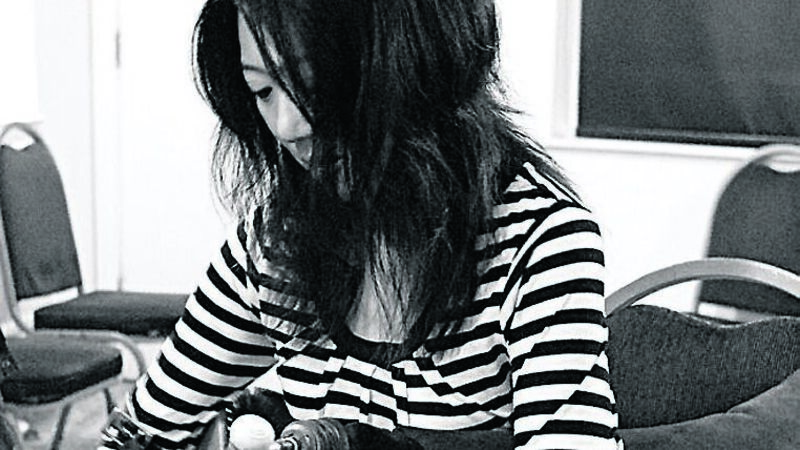The Caribbean Irish: 'the diaspora are hungry for knowledge'

Miki Garcia author of Irish history books
- The Caribbean Irish – How the Slave Myth Was Made
- Miki Garcia
- Chronos Books, €15 paperback
Try from €1.50 / week
SUBSCRIBE
Miki Garcia author of Irish history books
Already a subscriber? Sign in
You have reached your article limit.
Annual €130 €80
Best value
Monthly €12€6 / month
Introductory offers for new customers. Annual billed once for first year. Renews at €130. Monthly initial discount (first 3 months) billed monthly, then €12 a month. Ts&Cs apply.
Newsletter
Music, film art, culture, books and more from Munster and beyond.......curated weekly by the Irish Examiner Arts Editor.
Newsletter
Music, film art, culture, books and more from Munster and beyond.......curated weekly by the Irish Examiner Arts Editor.
© Examiner Echo Group Limited